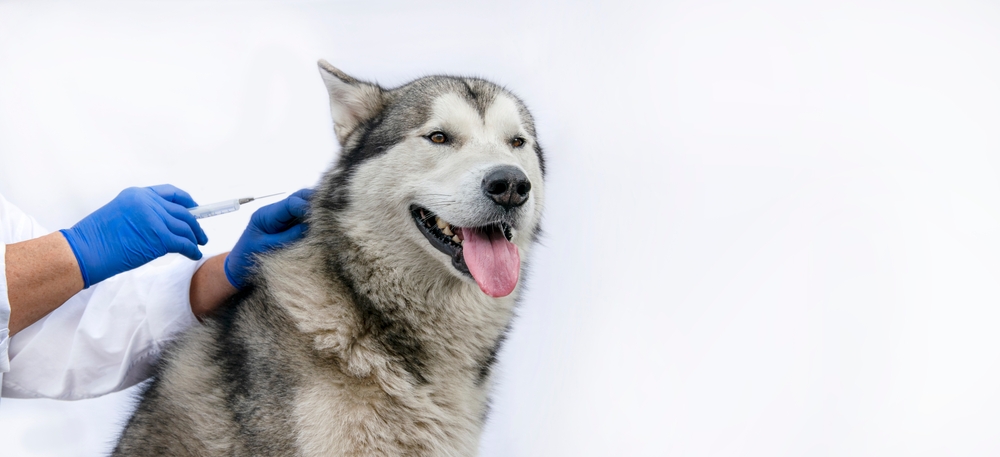
As a pet owner, you want the best for your fur baby. You want them healthy and happy as often as possible, but sometimes that is not possible due to the different illnesses they are susceptible to.
A critical aspect of ensuring that your pet is healthy and happy is having them vaccinated. Vaccines protect your pet from disease and contagious pathogens and also protect your community.
What Are Vaccines?
Vaccines are injections that contain weakened or partial pathogens that are prepared under sterile conditions. When injected into your pet’s body, the weakened pathogens stimulate the production of antibodies that can destroy the pathogen.
The antibodies produced will remain active in your pet until it is recommended that you take them in for another vaccination. Once a pet is vaccinated, it is less likely to get a disease; if it does, it is more likely to overcome it.
What Are the Different Types of Vaccines?
Puppy and Kitten Vaccinations
Usually, these little fur balls start receiving a series of injections around six to eight weeks. The vaccines that puppies and kittens receive during this period are called core vaccines and are often mandated by local and state law. They protect against potentially dangerous diseases such as parvovirus, distemper, and rabies.
In cats, they help to prevent calicivirus, feline panleukopenia, and herpesvirus. The little fur babies receive these injections in a series, usually three to four weeks apart, until they reach 16 weeks old.
Booster Shots
Booster shots usually come after the initial series of vaccinations and are necessary to maintain the pet’s immunity. The dates will vary depending on your pet’s lifestyle but will usually be administered annually or every three years. Your vet will advise you on the best schedule, depending on your pet’s health, lifestyle, and age.
Risk-Based and Lifestyle Vaccinations
Your vet will also recommend noncore vaccinations depending on your pet’s lifestyle and exposure to risk factors. For example, if your dog spends a lot of time at a boarding facility, it will need a vaccine against leptospirosis, kennel cough, or Bordetella. Cats that spend a lot of time outside will usually require a vaccine against the feline leukemia virus.
What Are Common Diseases That Require Vaccinations?
Dogs
- Parvovirus – A deadly disease that causes white blood cell destruction, diarrhea, and vomiting.
- Adenovirus – A fatal condition that leads to hepatitis.
- Distemper – A fatal disease that causes diarrhea, vomiting, seizures, and pneumonia.
- Leptospirosis – A deadly illness that causes liver and kidney failure.
- Rabies – A fatal condition that affects the central nervous system and can spread to humans. There is no cure for the condition, and pets that have it are euthanized.
- Bordetella and parainfluenza – While not fatal, these are highly contagious and cause coughing and a runny nose.
Cats
- Panleukopenia – Also known as feline distemper. It is deadly, causing vomiting, low white blood cell count, diarrhea, and dehydration.
- Feline immune deficiency virus – It causes chronic immune suppression.
- Feline leukemia virus – It causes chronic immune suppression.
- Herpesvirus and calicivirus – Nonfatal but cause runny eyes and nose and malaise.
For more on understanding pet vaccinations, visit Animal Care Experts Veterinary Hospital. Our office is in Thompson, Connecticut. Call (860) 935-0304 to book an appointment today.







